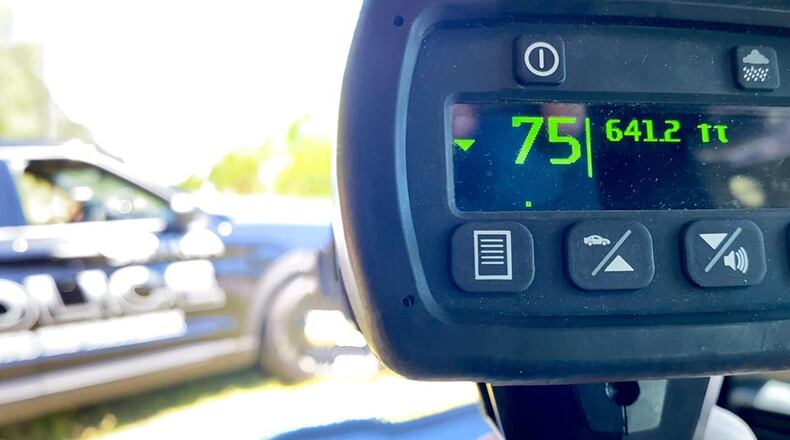A recent Lending Tree study on the acuity of Gen Z drivers shows they are twice as likely to have traffic infractions than Millennials. This finding alone gets drivers of older generations licking their chops at a tasty, easy target. The findings confirm the “other drivers” feeling that the rest of the commuting populace has: Someone else is the problem. But while most people feel some sort of “told you so” comfort in this monolithic scapegoat, that reaction is the wrong one.
First, the findings. Drivers aged 18-26 in 2023 averaged 49 incidents per 1000 drivers. Incidents include crashes, DUIs, and moving violation tickets. Millennials averaged 25 incidents per 1000 drivers in the same span. Silent Generation, Baby Boomers, and Gen X drivers all averaged between 19 and 20 violations per 1000.
So younger drivers are quite worse.
The study, which is based on insurance-quote data, notes that regardless of the generation, younger people take more risks. This is not a new finding, of course. Some crashes happen in the most mundane ways. Sure, a lane change without a signal may just have been a forgetful moment. But many driving errors are spurred by a motorist’s acceptance of risk. A less risk-averse driver will try to whip that left turn and push their speed. They may do such acts while punching out a text. They may not even realize they are bucking in the face of danger.
Adults aged 18-26 were the only Gen Z drivers studied. The National Institute of Health says that the human brain is still under development until the mid-to-late 20s. Every driver in this study was very likely still in “developing mode.” Dangers that are second nature for a 45 year-old driver to recognize may not even register with a 25-year-old.
Gen Z absolutely should have scored lower than the other age groups.
But from whom do younger drivers learn? Right. Their parents from a generation or two ago are the examples. One key tenet of driver education is parent education, too. A big piece of that is the bar they set. Numerous PSAs over the years have covered that subject, urging adults not to drive recklessly, inebriated, or distracted, and especially not in front of their kids.
Now their kids (many of whom are now in their 20s) are driving.
Smartphones debuted as the majority of Millennials were at, in, or near driving age. Texting became a phenomenon less than ten years before that. The advent of those technologies brought a spike in distracted driving well before Gen Z’ers got behind the wheel.
Some cars literally can drive themselves, and most others offer nifty driving aids that, along with turn-by-turn GPS navigation, lessen a driver’s buy-in to paying attention to their maneuvers. Vehicles accelerate faster and more quietly than ever before, and even more so if they are electric.
Technology and distractions have driven the collective driving IQ lower. So Gen Z would naturally be the tip of the spear in that decline.
If we wanted to see if Gen Z is disproportionately worse than the youngest generations of past decades, then the same insurance analyzing method would need to be applied for 2013, 2003, and 1993. Would Millennials, X’ers, and Boomers have twice as many incidents as the generations prior?
Maybe. Interest in driving began decreasing with the younger half of Millennials, and Gen Z has seemingly followed suit. A decreased interest combined with the aforementioned technological factors could certainly have set up a more precipitous decline in motoring ability for this generation.
But those older than our youngest drivers should not hurl stones. Gen Z drivers have learned distraction and recklessness from the drivers before them. My dad glorified speeding and made it make sense to me. Thus, I racked up several velocity coupons in a short few years in my 20s.
This does not take Gen Z off of the hook for their bad driving. But it should be a reminder to all of us that the tides pull against anyone being particularly good at navigating, especially younger drivers who are more averse to being risk-averse.
Gen Z, since they also are humans, will be salivating at the first study on Gen A drivers in 2033.
Doug Turnbull, the PM drive Skycopter anchor for Triple Team Traffic on 95.5 WSB, is the Gridlock Guy. Download the Triple Team Traffic Alerts App to hear reports from the WSB Traffic Team automatically when you drive near trouble spots. Contact him at Doug.Turnbull@cmg.com.
About the Author
Keep Reading
The Latest
Featured



